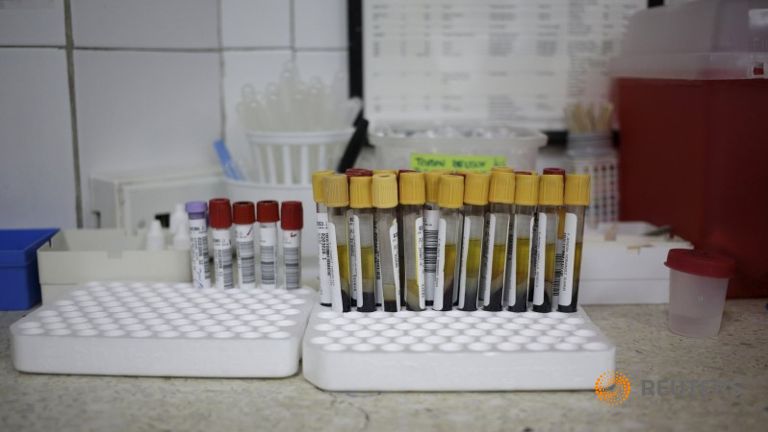-
Tips for becoming a good boxer - November 6, 2020
-
7 expert tips for making your hens night a memorable one - November 6, 2020
-
5 reasons to host your Christmas party on a cruise boat - November 6, 2020
-
What to do when you’re charged with a crime - November 6, 2020
-
Should you get one or multiple dogs? Here’s all you need to know - November 3, 2020
-
A Guide: How to Build Your Very Own Magic Mirror - February 14, 2019
-
Our Top Inspirational Baseball Stars - November 24, 2018
-
Five Tech Tools That Will Help You Turn Your Blog into a Business - November 24, 2018
-
How to Indulge on Vacation without Expanding Your Waist - November 9, 2018
-
5 Strategies for Businesses to Appeal to Today’s Increasingly Mobile-Crazed Customers - November 9, 2018
CDC: 3 Miami businesses epicenter of 1st US Zika outbreak
The outbreak – the first on the USA mainland – lingered for more than a month but was limited to a small geographic area, much like previous outbreaks of mosquito-borne viruses in Florida.
Advertisement
Florida officials announced July 29 that mosquitoes had begun spreading the virus in the continental USA for the first time, a long-feared development in an epidemic that now included a Miami neighborhood among affected areas throughout Latin America and the Caribbean.
CDC Director Tom Frieden, M.D., M.P.H. says the spraying knocked down mosquitos rapidly and was associated with interrupting transmission of Zika in Wynwood.
The plan included use of pesticides naled and bacillus Thuringensis to kill both adult mosquitoes and larva.
“This is a new tool in our toolkit and the strongest one we have” against the mosquito and the diseases it carries, he said, which also include the dengue and chikungunya viruses.
“This really does herald in a new era for a standard of control for local transmission”, he said. And it’s impossible to know if spraying will work in the long run, he added.
The US territory of Puerto Rico, which has seen more than 19,000 cases of Zika, recently decided not to pursue aerial spraying, Frieden said. In Miami Beach, 44 confirmed cases have been reported so far, according to Dr.
From June 30 to August 5, 2016, there were 29 people with Zika virus infection who were likely exposed within about six blocks of the hipster art district north of downtown Miami. The vast majority of the cases were from people who traveled to a Zika-affected countries, such as Brazil.
Declaring victory in Wynwood on Monday, health officials credited aerial spraying of pesticides, a method that has drawn concern and skepticism from the community in nearby Miami Beach.
To reduce the risk of local Zika transmission within the United States, the CDC recommends that people returning from places with ongoing infections should use mosquito repellent every day for three weeks and follow the CDC’s guidelines to prevent sexual transmission of Zika. Laboratory studies also confirmed the presence of Zika virus in the blood, tissue, brains and amniotic fluid of fetuses and babies diagnosed with microcephaly.
The virus can be spread by infected men and women to their sex partners.
Rick Scott, who has been highly critical of the federal response to the outbreak of the Zika virus, used his emergency powers Thursday to direct $25 million in state money toward helping to develop a vaccine. But the CDC continues to caution pregnant women about traveling to the city and surrounding areas.
Advertisement
Florida officials and their partners from the Centers for Disease Control and Prevention (CDC) published their findings in an early online edition of Morbidity and Mortality Weekly Report (MMWR).





























